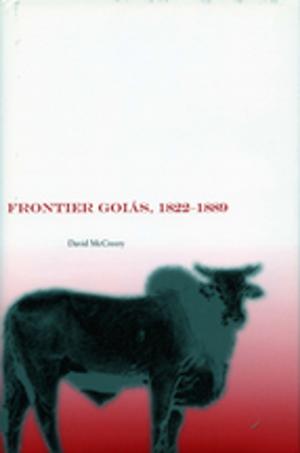Foreign Powers and Intervention in Armed Conflicts
Nonfiction, Social & Cultural Studies, Political Science, International, International Security| Author: | Aysegul Aydin | ISBN: | 9780804782944 |
| Publisher: | Stanford University Press | Publication: | July 11, 2012 |
| Imprint: | Stanford Security Studies | Language: | English |
| Author: | Aysegul Aydin |
| ISBN: | 9780804782944 |
| Publisher: | Stanford University Press |
| Publication: | July 11, 2012 |
| Imprint: | Stanford Security Studies |
| Language: | English |
Intervention in armed conflicts is full of riddles that await attention from scholars and policymakers. This book argues that rethinking intervention—redefining what it is and why foreign powers take an interest in others' conflicts—is of critical importance to understanding how conflicts evolve over time with the entry and exit of external actors. It does this by building a new model of intervention that crosses the traditional boundaries between economics, international relations theory, and security studies, and places the economic interests and domestic political institutions of external states at the center of intervention decisions. Combining quantitative and qualitative evidence from both historical and contemporary conflicts, including interventions in both interstate conflicts and civil wars, it presents an in-depth discussion of a range of interventions—diplomatic, economic, and military—in a variety of international contexts, creating a comprehensive model for future research on the topic.
Intervention in armed conflicts is full of riddles that await attention from scholars and policymakers. This book argues that rethinking intervention—redefining what it is and why foreign powers take an interest in others' conflicts—is of critical importance to understanding how conflicts evolve over time with the entry and exit of external actors. It does this by building a new model of intervention that crosses the traditional boundaries between economics, international relations theory, and security studies, and places the economic interests and domestic political institutions of external states at the center of intervention decisions. Combining quantitative and qualitative evidence from both historical and contemporary conflicts, including interventions in both interstate conflicts and civil wars, it presents an in-depth discussion of a range of interventions—diplomatic, economic, and military—in a variety of international contexts, creating a comprehensive model for future research on the topic.















